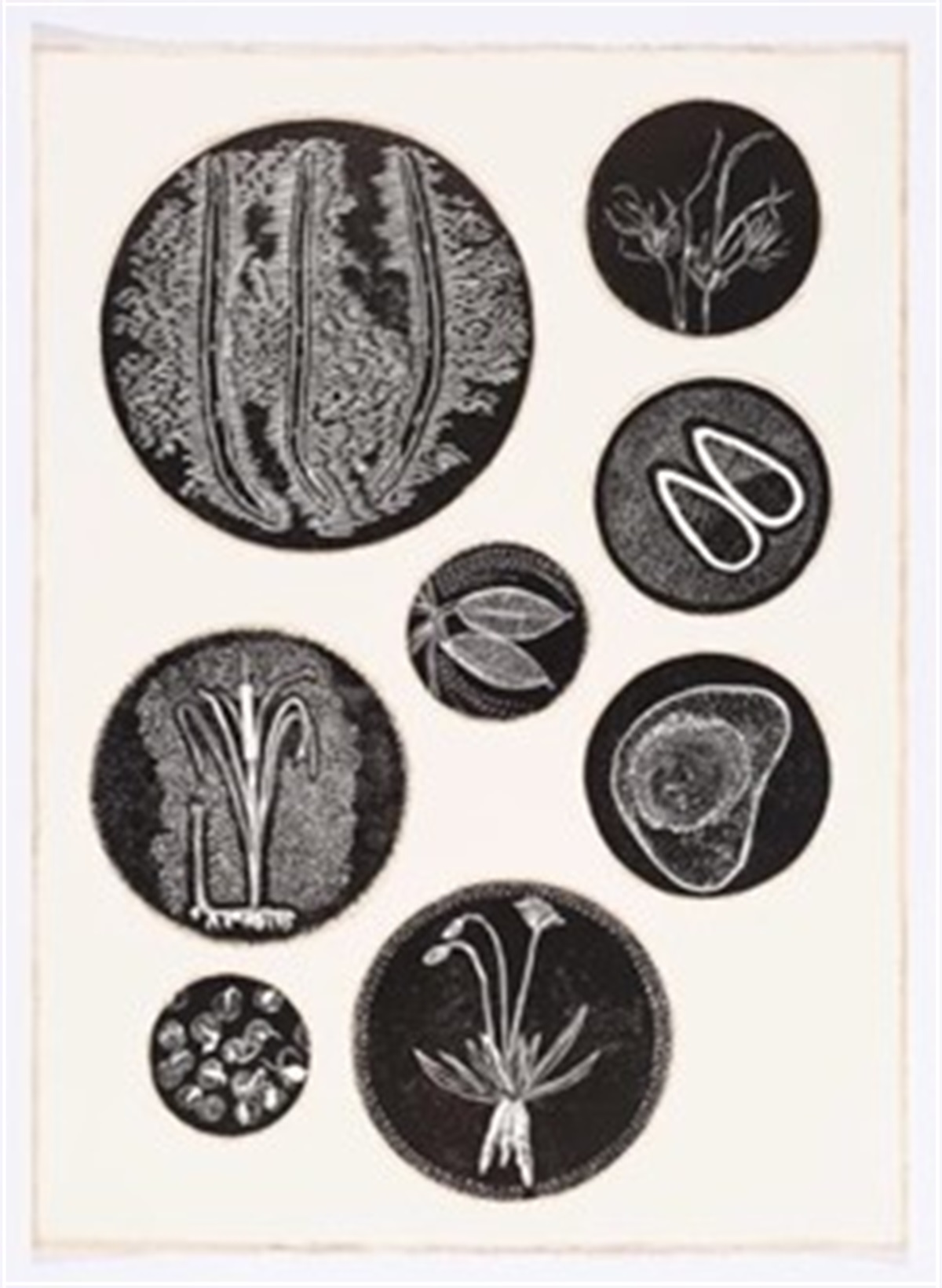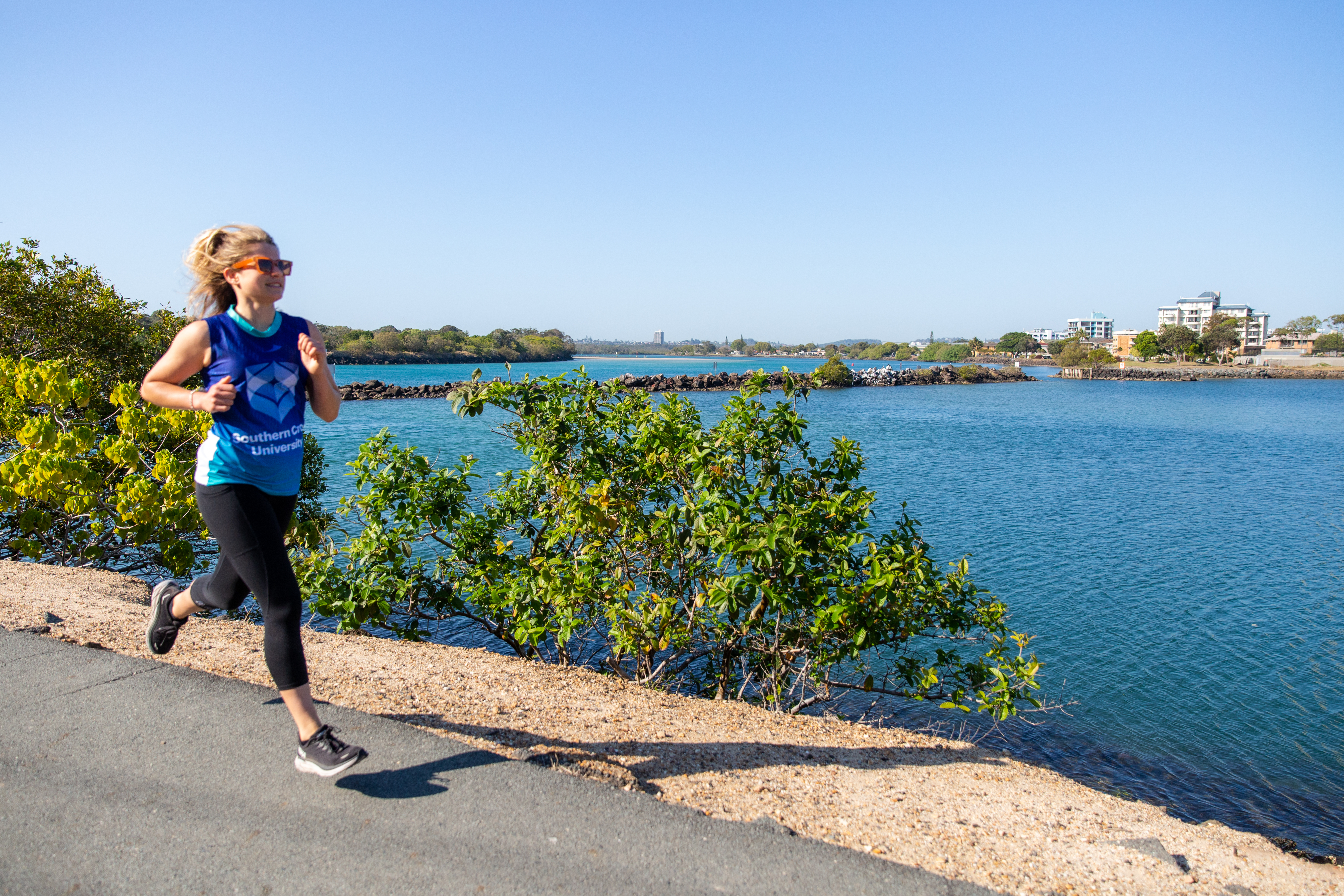Farmers have renewed calls to stop the proposed biosecurity protection levy from being imposed on Australia’s primary producers, with agriculture already paying its fair share towards biosecurity funding.
Last year, Federal Agriculture Minister Murray Watt announced a ‘Biosecurity Levy’, which would impose additional charges on farmers in the name of biosecurity protection. But there was widespread opposition to the proposal, which many saw as a double tax on farmers, given a substantial amount of funding for biosecurity efforts already came from farmers.
NSW Farmers Policy Director Ash Cooper said while the industry awaited clear details around a series of proposed changes to the levy bill, the peak farming body remained firm in its view that farmers should not pay an additional tax to fund the nation’s biosecurity system.
“Collecting an extra $50 million a year from Australian farmers to cover biosecurity costs is just simply double-dipping,” Mr Cooper said.
“Farmers are not only already contributing a significant amount of levy dollars towards biosecurity but are also personally bearing billions of dollars in costs each year in the fight against weeds, pests and other biosecurity risks on-farm.
“Biosecurity is everyone’s responsibility, so we shouldn’t sit back and let farmers cop these costs when they’re already doing so much to manage these risks.”
Mr Cooper said farming groups continued to seek more detail on how the recent amendments would properly address concerns around the tax that had been identified by the agricultural industry as early as May last year.
“From what we can see so far, there is no detail on how some of the key issues NSW Farmers raised -such as only collecting the levy once on a product during its lifecycle – will be implemented if the levy comes into force,” Mr Cooper said.
“The change in shifting the levy rate to be based upon gross value of production may cause inequitable contributions across commodities forced to pay the levy.
“Worse still, farmers are being forced to incur significant extra costs to ensure biosecurity while there continues to be no container levy imposed on risk creators such as importers.
“If a biosecurity tax is to be introduced, it should be collected from passengers and products entering Australia, and not just farmers who are already contributing to the biosecurity cause.”
With the levy set to be implemented on July 1 this year, Mr Cooper warned now was the time for the Federal Government to take the advice of the agricultural sector on board before it was too late.
“We welcome the government’s talk of keeping our country safe from risks such as foot and mouth disease – but this is not the way to do it,” Mr Cooper said.
“A recent Senate committee report on agricultural levies heard our concerns around the levy, but now we need to see these concerns addressed and clarified in further changes to the biosecurity levy bill if it is going to proceed.
“We all need to work together if we’re going to develop a solution that will bolster our biosecurity and protect the prosperity of our industry for generations to come.”








